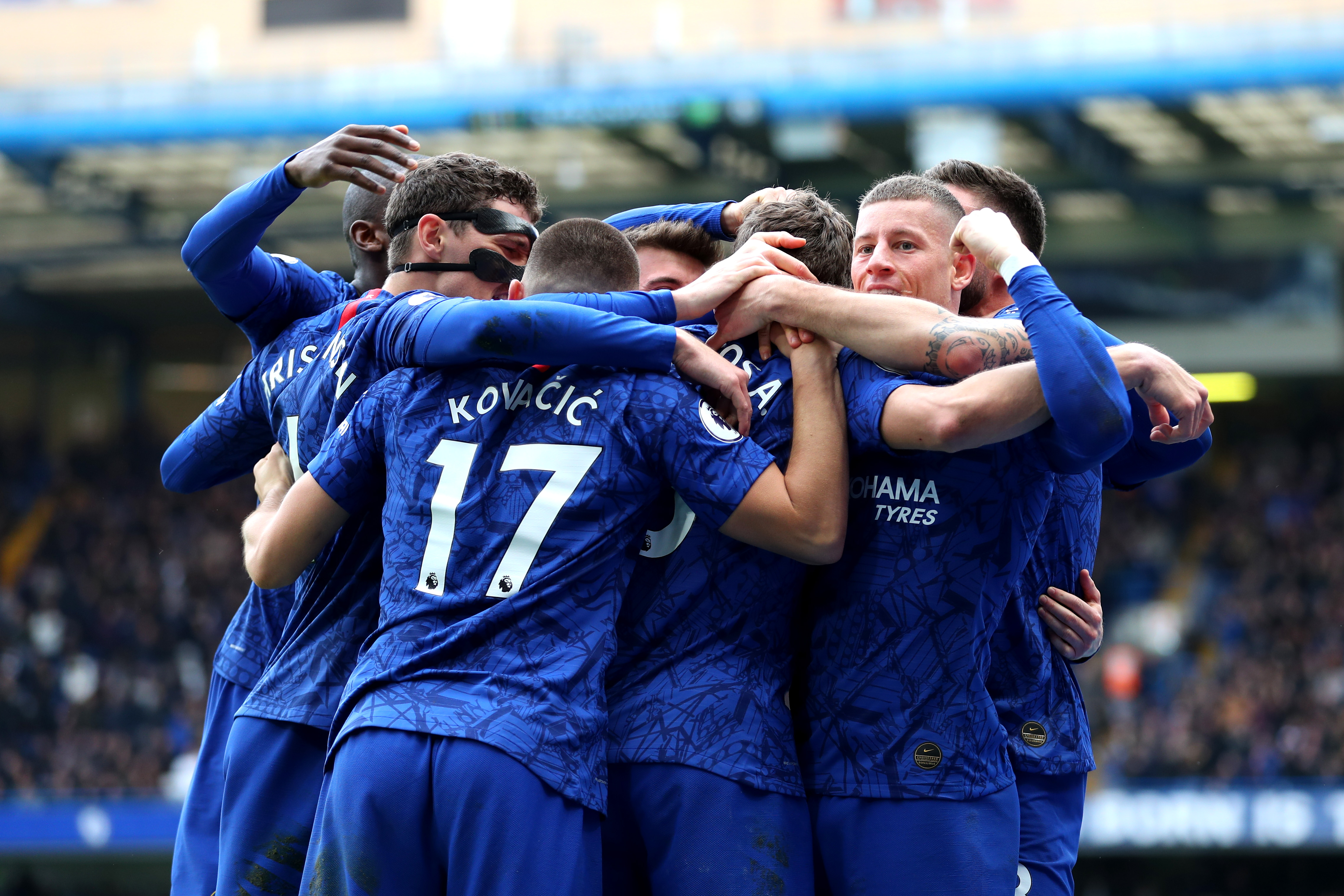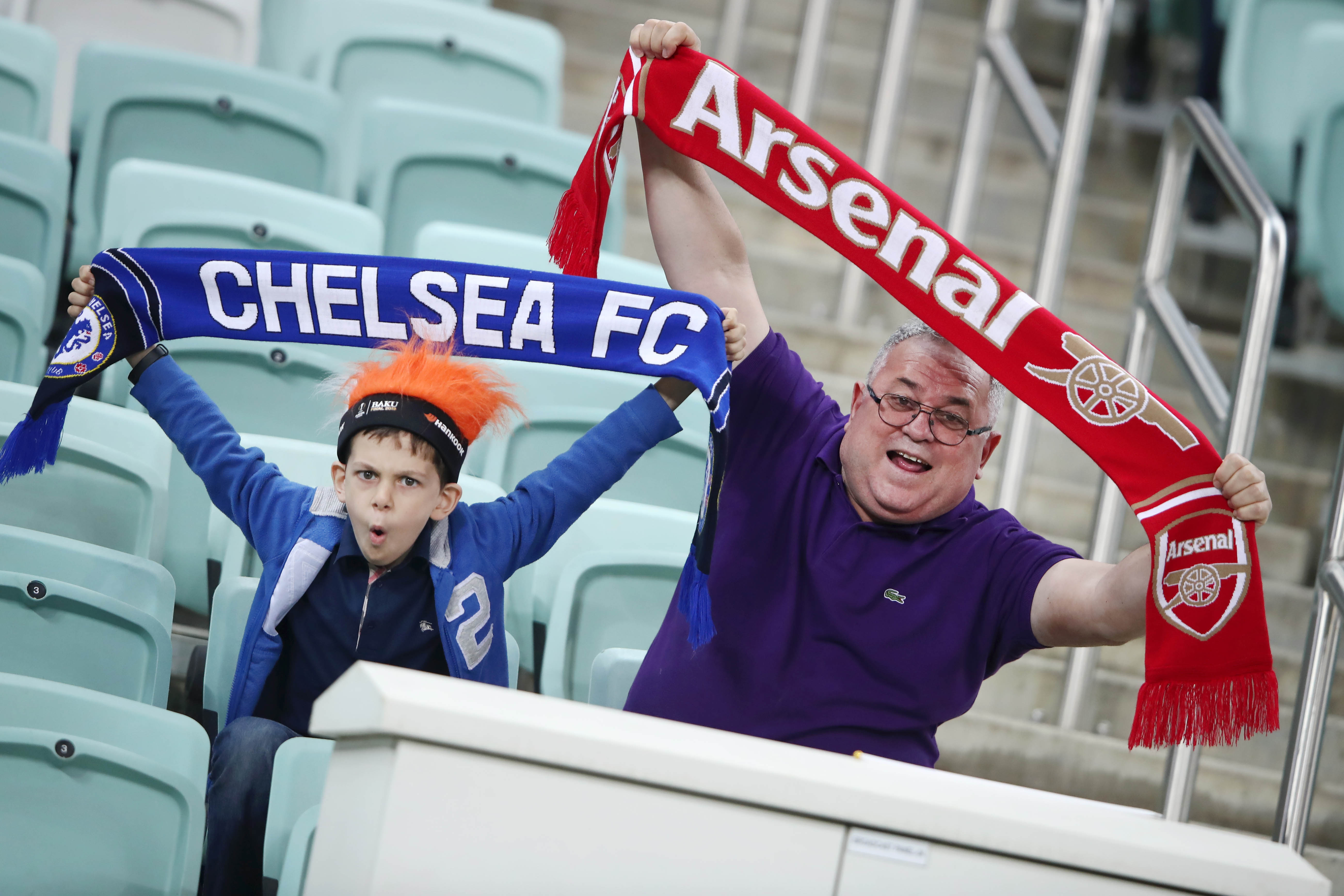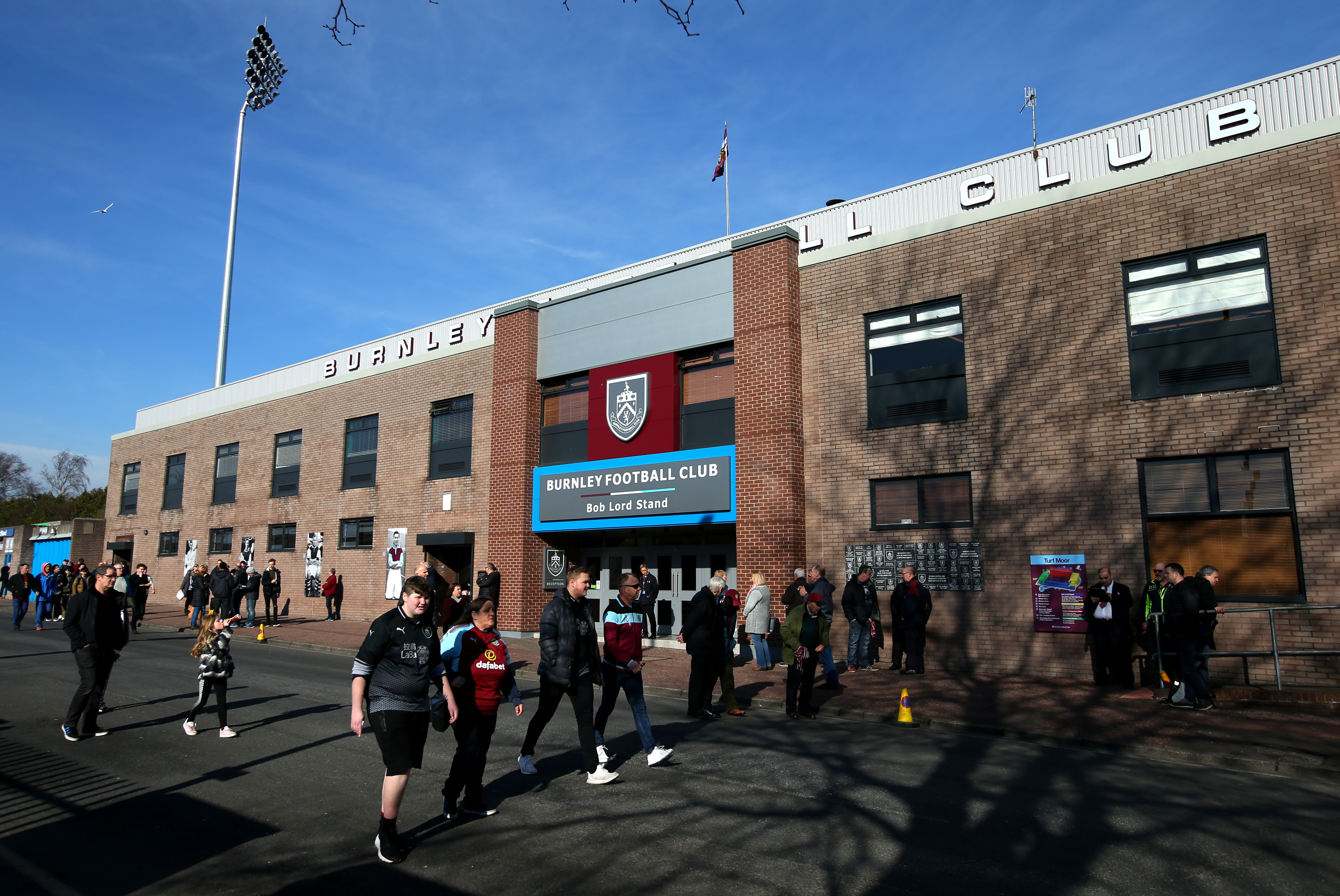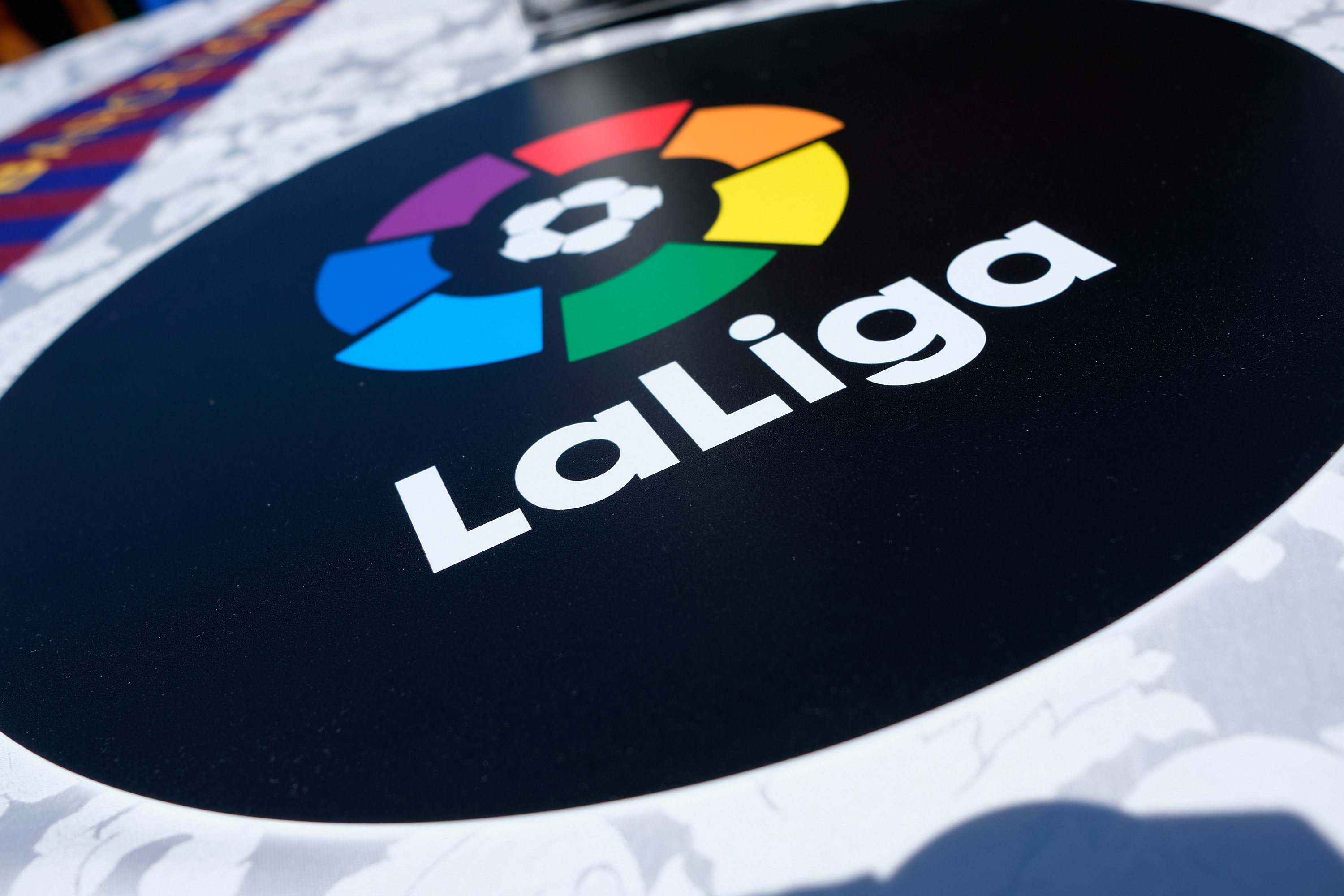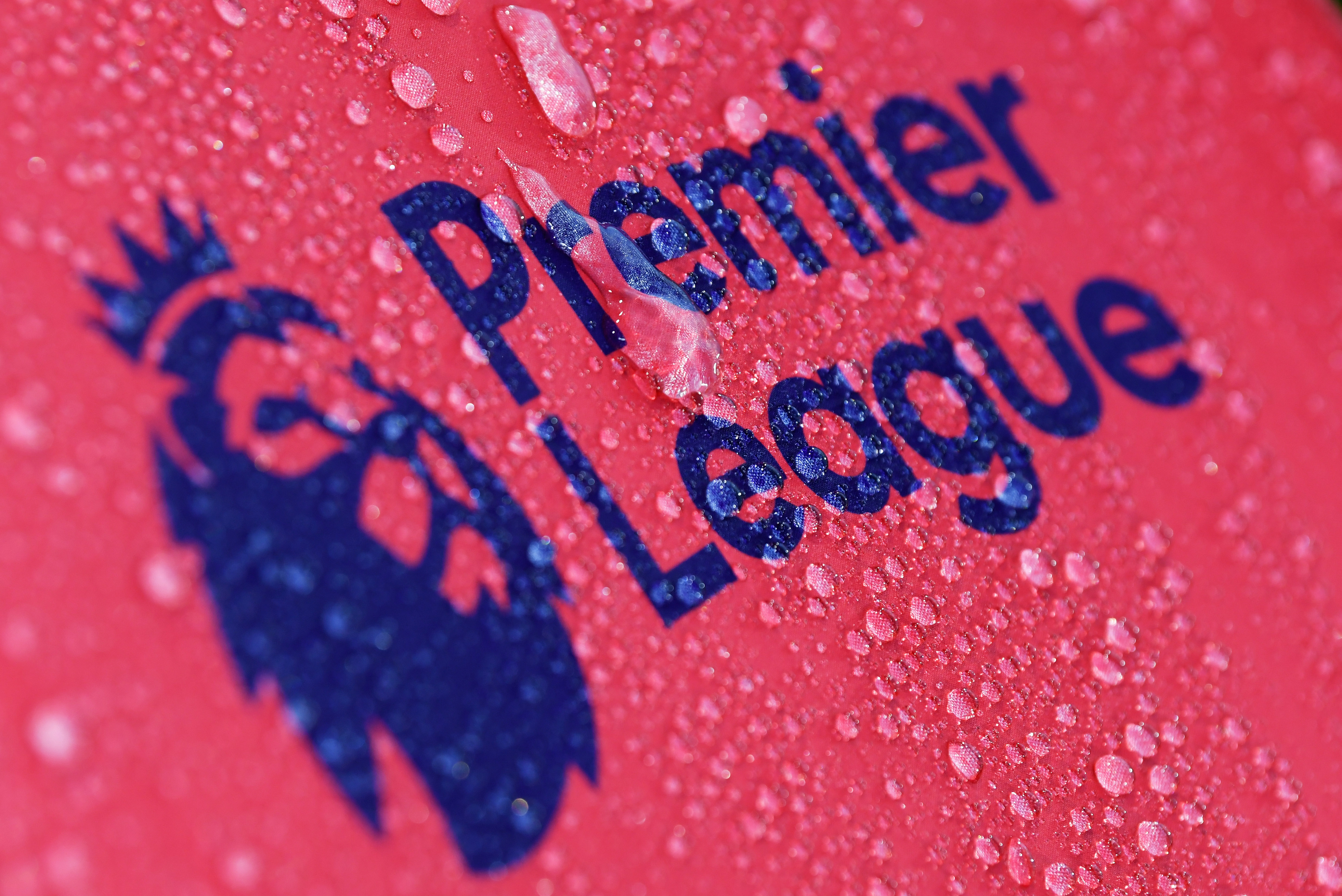Chelsea have replaced Thomas Tuchel with Graham Potter after picking up just three wins from their seven matches across all competitions.
Chelsea backed Thomas Tuchel heavily during the summer transfer window with a £287.7 million outlay on eight new players. But his inability to grind out results, among other factors, forced the west London club to part ways with the German tactician.
The Blues have gone on to appoint former Brighton & Hove Albion manager Graham Potter as Tuchel’s replacement. And the 47-year-old will be tasked with getting Chelsea back on track in the coming weeks.
While Potter has done an excellent job with Brighton over the last few seasons, it will be interesting to see if he can adapt to a club with far bigger ambitions and thrive under the cutthroat pressure of managing at an elite Premier League club.
The Evolution at Brighton
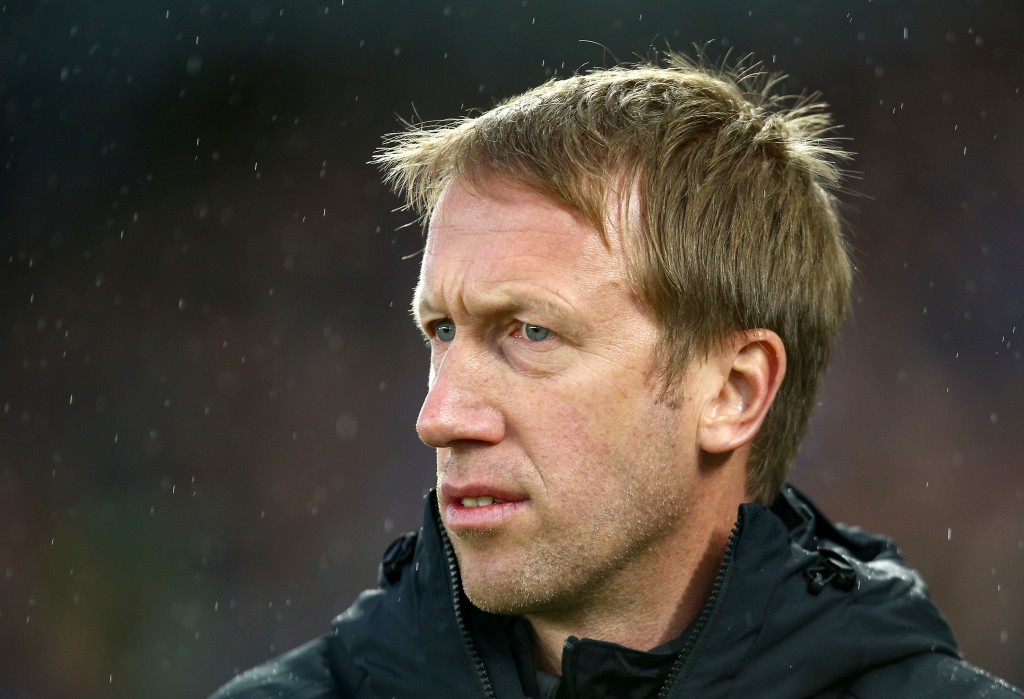
Graham Potter joined Brighton & Hove Albion at the start of the 2019/20 season, and he managed to stamp his authority at the club almost immediately. Potter began working towards transforming Brighton into a possession-based side from a team with a long-ball approach, and the Seagulls showed rapid signs of evolution under him over the next few years.
In his first season in charge, Brighton finished 15th in the Premier League table and then followed it up with a 16th-placed finish in the following campaign. While their progress and evolution were not reflected in the Premier League standings, the signs of improvement were there for everyone to see, who followed the Seagulls on a regular basis.
Brighton managed to take the next step in the development during Potter’s third season in charge, and they surprised everyone with a ninth-placed finish in the Premier League. Brighton caused all sorts of problems for the top teams with their high-intensity possession-based style of football, and they pulled off some impressive results in tough away grounds as well.
This season, Potter leaves Brighton in fourth place in the Premier League standings after picking up four wins and a draw in six league matches so far. While it is unrealistic to expect Brighton to challenge for European football, there is no reason why they cannot push for another top-half finish if they manage to bring in an able replacement.
Graham Potter: A Tactical Overview
Here at The Hard Tackle, we look at some of Graham Potter’s key tactical choices and how Chelsea can shape up under him.
A back three
The 47-year-old manager seems a keen advocate of a back three, and he has deployed a 3-5-2 or a 3-4-3 formation at Brighton frequently. Chelsea have a number of quality wing-backs and centre-backs in the first-team squad, and it is fair to assume that Potter is likely to continue in a back-three system at Stamford Bridge as well.
Possession-based style
The newly appointed Chelsea manager also prefers a possession-based high-intensity style of football. Despite having limited resources at Brighton, Potter managed to put together a technically-gifted squad capable of executing his style of football and dominate contests with their hard work, confidence and composure.
Brighton approached every game with a positive mindset, and even against the top guns, they looked to keep the ball as much as possible. At Chelsea, Potter has better players at his disposal and is likely to be able to execute his game plan better at Stamford Bridge.
Counter pressing
Counter pressing has been a key aspect of Graham Potter’s game plan over the years. The former Brighton manager likes to win the ball back as soon as his team loses it, and he is likely to employ the high-intensity aggressive pressing system at Stamford Bridge as well.
Brighton harassed their opponents with their relentless off-the-ball work, and a similar approach can be expected at Stamford Bridge this season. Furthermore, successful counter-pressing is likely to lead to fast transitions in attack and technically gifted players like Christian Pulisic, Kai Havertz, Mason Mount, Pierre-Emerick Aubameyang, Raheem Sterling and Hakim Ziyech are likely to benefit from the quick switches of play.
Players who could benefit from Graham Potter’s arrival
Kepa Arrizabalaga
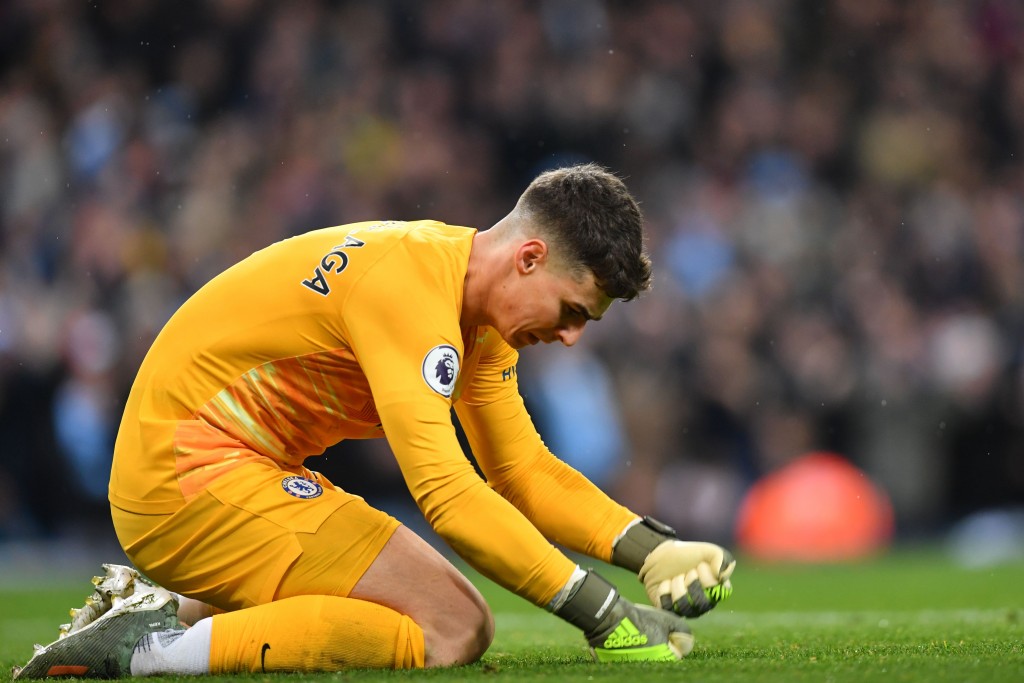
There are always players who struggle after managerial changes at a club and then there are players who tend to thrive under the new managers. It could be a similar scenario at Chelsea with some of the players, who might experience a new lease of life under Graham Potter at Stamford Bridge.
One such player could be Kepa Arrizabalaga.
Chelsea paid a record fee for a goalkeeper when they decided to bring the Spaniard to England, but he has been largely sidelined at Stamford Bridge since the arrival of Edouard Mendy. While Mendy remains the better shot-stopper, Kepa is better on the ball, and Potter prefers keepers who are excellent passers.
During his time at Brighton, Potter decided to replace a better shot stopper in Mathew Ryan with a better passer in Robert Sanchez so that his side could build from the back. It will be interesting to see if he is willing to throw a lifeline to Kepa this season.
Another player who could benefit from his arrival is Hakim Ziyech.
The Moroccan playmaker was willing to move away from Stamford Bridge this past summer, but he ended up staying eventually. The 29-year-old has not been able to replicate his peak form in the Premier League, but the arrival of Potter could be beneficial to him.
Ziyech is likely to operate in a role similar to that of Alexis Mac Allister at Brighton. Mac Allister operated as the attacking midfielder in Potter’s system, and the former Brighton manager kept switching his roles depending on the opposition. In some games, Mac Allister operated deep in the midfield beside the defensive midfielder and he ran the show with his pinpoint long passing. This is something Ziyech excels in as well.
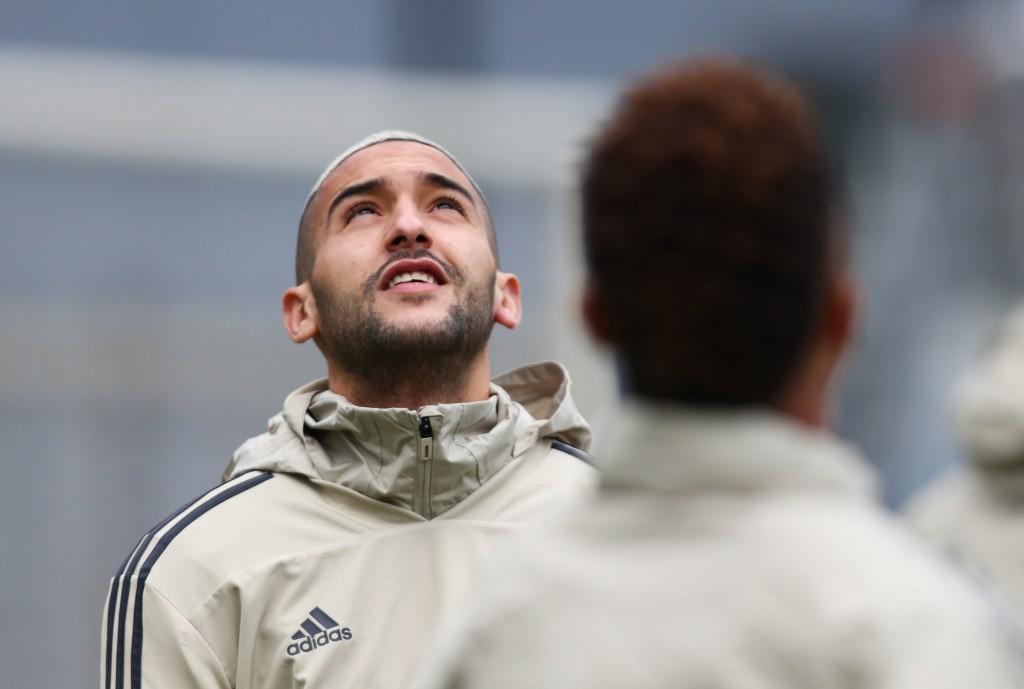
The former Ajax midfielder is an exceptional passer from long range and can dictate the tempo of the game given time and space. Under Tuchel, Ziyech had largely been used in the wider roles, and he is likely to play in a more natural ecosystem under Potter.
Talented young central midfielder Conor Gallagher could benefit from Graham Potter’s arrival at Chelsea as well.
The new Chelsea manager prefers a high-intensity counter-pressing system, and Gallagher showcased his relentless off-the-ball work and pressing ability while on loan at Crystal Palace last season. The 22-year-old has a tremendous work ethic and is exceptional when it comes to harassing the opposition and winning the ball higher up the pitch.
Graham Potter: Key Differences with Thomas Tuchel
There is no doubt that Thomas Tuchel is a far more proven manager at the highest level and has won major trophies like the UEFA Champions League. He has managed at top clubs like Borussia Dortmund, Paris Saint-German and Chelsea. And while Potter has no such stardust on his CV, there are bound to be comparisons between the two.
It would be unfair to compare the quality of the two managers, but the key tactical difference between the two does need highlighting.
Both managers prefer a back-three system, but Potter has shown far more tactical diversity during his time in the Premier League. The former Brighton manager’s setup is usually more expansive compared to that of Tuchel. The German’s setup was defensively well drilled and more organised, while Potter places equal emphasis to the defence as well as the attack.
While some of the attacking players struggled in Tuchel’s system, they are likely to be given more license in Potter’s setup. Furthermore, Tuchel’s approach seemed quite dogmatic towards the end of his time at Stamford Bridge, while Potter has shown awareness to change things around when Plan A does not work.
At Brighton, Potter has often discarded his back three in favour of a 4-2-3-1 when his team is struggling. His tactical flexibility and willingness to mould his side according to the immediate need will certainly help Chelsea.
Key Challenge for Graham Potter
Graham Potter will face a number of challenges during his time at Stamford Bridge, and one of the main factors that could determine whether he will be a success at the London club is his ability to manage a dressing room full of star players.
At Brighton, he managed a group of players with a more submissive mentality who were willing to run through a brick wall for him. That might not be the case at Chelsea, who have far more established players with bigger personalities.
It will be interesting to see if Potter can convince them to adopt his high-intensity system which requires a tremendous work ethic and defensive commitments. Getting his players to buy into his philosophy will be Potter’s first major major challenge at Stamford Bridge, and it remains to be seen how that works out.
